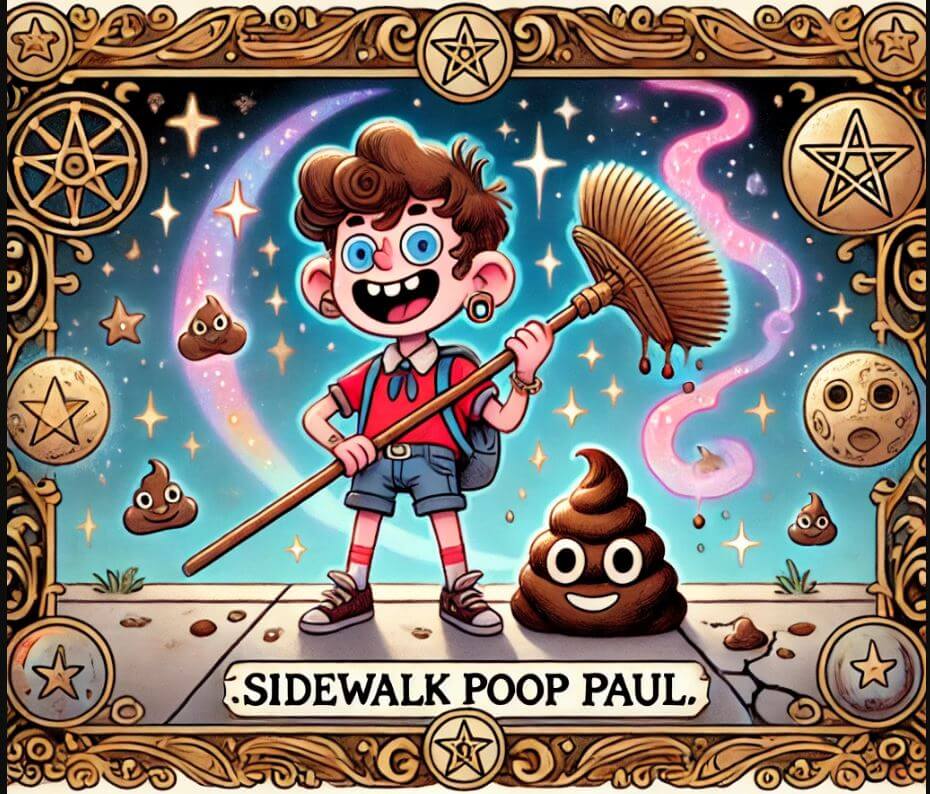Totaled by premium hikes
DETROIT, MI – In a stunning and deeply ironic twist of fate, local woman Jennifer Davies found herself in the unprecedented position of having her 2011 Honda Civic officially declared “totaled” by her insurance company—not due to an accident, but because her latest insurance bill exceeded the actual value of the car.
“I never thought my car would be taken out by progressive premium hikes,” said Davies, shaking her head as she stood next to her otherwise perfectly functional vehicle, which now sits in the parking lot like a tragic casualty of actuarial warfare. “It survived ten winters, two boyfriends, and one really bad fender bender, but it didn’t survive the cost of being insured.”
The saga began earlier this year when Davies received her renewal notice from State Farm, informing her that due to “market conditions, inflation, and our constant need to make shareholders happy,” her monthly premium was increasing from a manageable $110 to an eye-popping $750. Upon reviewing the documents, she discovered that over the course of the next 12 months, her total payments would surpass the car’s Kelley Blue Book value of $4,200.
“At first, I thought it was a mistake,” said Davies. “Like, surely there’s no way my car insurance could cost more than my car. But nope! The lady at the insurance company just sighed and said, ‘Yeah, this is where we’re at now.’ Then she tried to sell me renter’s insurance for some reason.”
Shortly thereafter, Davies’ car was declared “economically totaled” by her insurance company, a term usually reserved for vehicles involved in catastrophic accidents or spontaneous combustion. “It’s when the cost to fix or maintain something exceeds its value,” explained Chad Rogers, a representative from State Farm who confirmed the decision via a cheerful automated voicemail that began, “Good news! You’re eligible for an insurance payout! Bad news, it’s your car.”
“I haven’t even had an accident!” Davies exclaimed. “I mean, the check engine light’s been on for like three years, but that’s more of a friendly suggestion than an actual issue, right?”
The insurance payout, which amounted to a whopping $3,200—$1,000 less than what she owed for the remaining year of coverage—left Davies in the awkward position of owning a totaled car that still ran perfectly fine, but was technically no longer worth insuring. “So, basically, if I drive it, I’m uninsured, but I also can’t afford to insure it because my insurance company decided it’s not worth the money. I feel like I’m living in a Seinfeld episode.”
Insurance companies, however, remain unapologetic. “It’s just the nature of the game,” said Rogers in an interview conducted from inside a gold-plated Tesla Model S, paid for entirely by premiums. “You see, we’ve recently realized that the more we charge people, the more we make. And, in today’s economic climate, that’s really what matters. Some people say it’s a paradox—insuring something until it’s financially impossible to insure—but we prefer to call it ‘innovative risk management.’”
Asked about the optics of charging more than the value of the vehicle, Rogers shrugged. “Hey, everything’s more expensive these days. Have you seen the price of avocado toast? It’s the same with car insurance—except we get to make up the reasons as we go.”
Davies isn’t alone. Across the country, thousands of drivers are finding themselves in similar situations as insurance premiums climb faster than a politician’s promises during election season. Experts say this is the natural result of the insurance industry’s finely-tuned algorithm that calculates risk based on sophisticated data points like “What if it rains a little?” and “What’s the vibe this month?”
“Insurance companies are facing tough times, too,” said Nancy Proctor, a spokesperson for the Insurance Institute of Infinite Premiums. “We need to pay our CEOs tens of millions, after all. You think private jets fuel themselves?”
In the meantime, Davies is considering her next move, which could include switching to public transportation, starting a GoFundMe for basic auto coverage, or just driving her now ‘totaled’ Civic without insurance altogether, relying on sheer luck and the hope that the universe takes pity on her.
“Honestly, I’m at the point where I’m ready to throw in the towel,” Davies sighed. “If the insurance bill costs more than the car, maybe I just need to start insuring myself—because clearly, I’m the real asset here.”
In unrelated news, State Farm is expected to announce record profits this quarter.
Totaled by premium hikes Totaled by premium hikes




